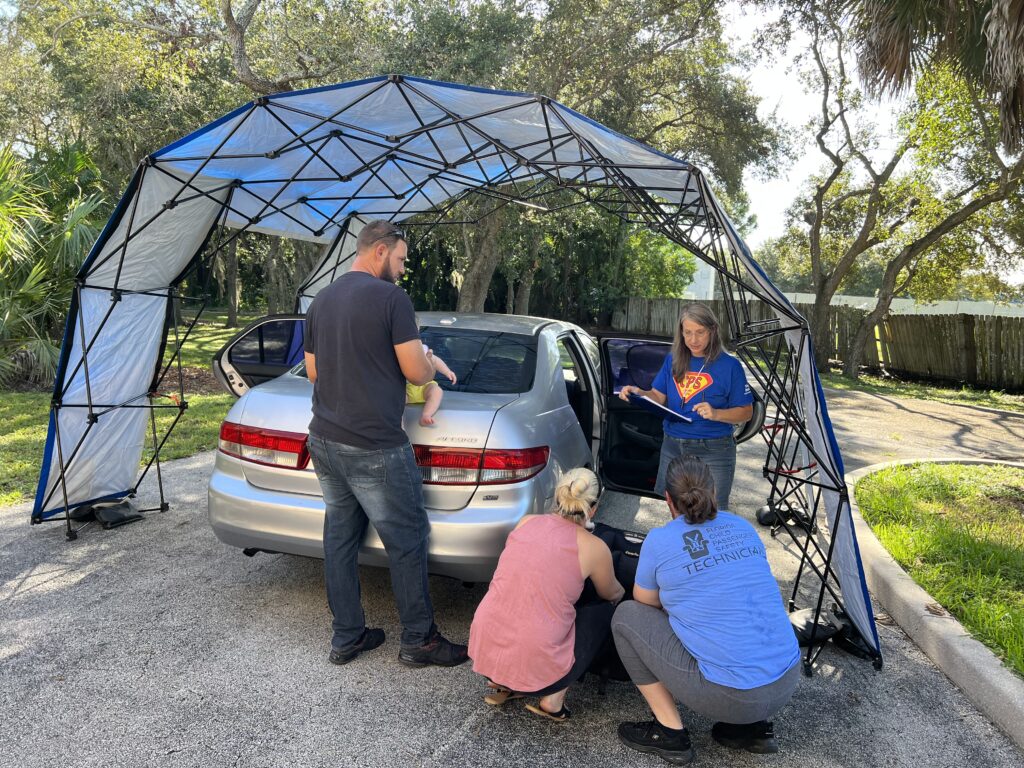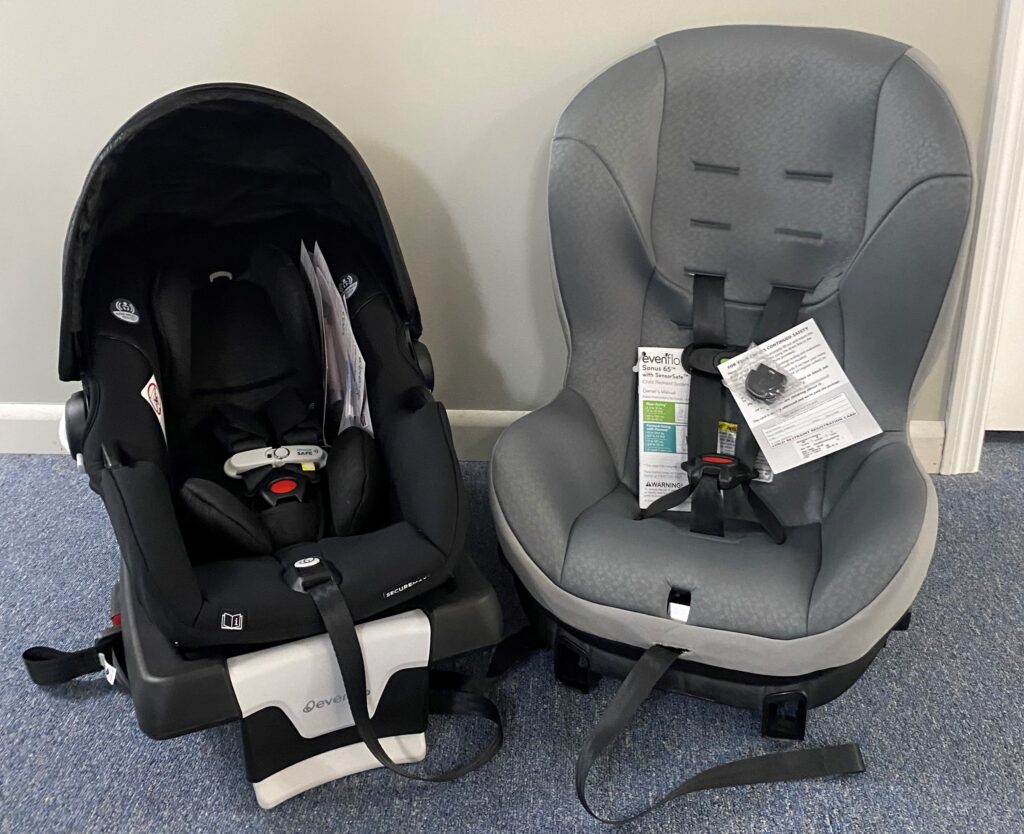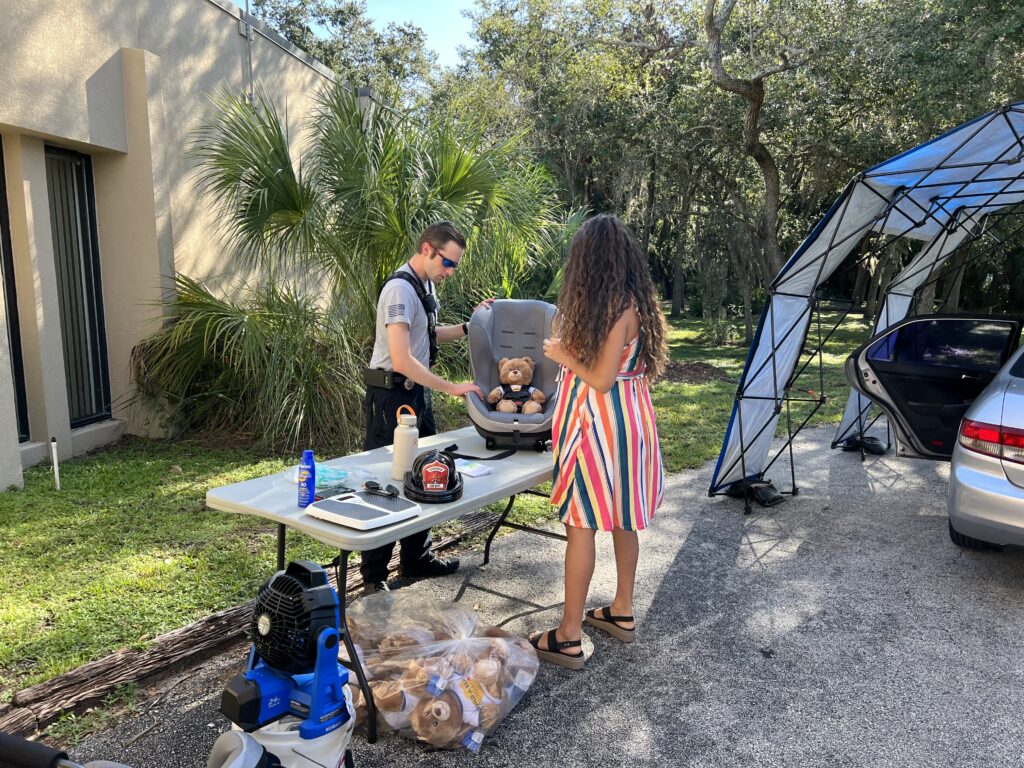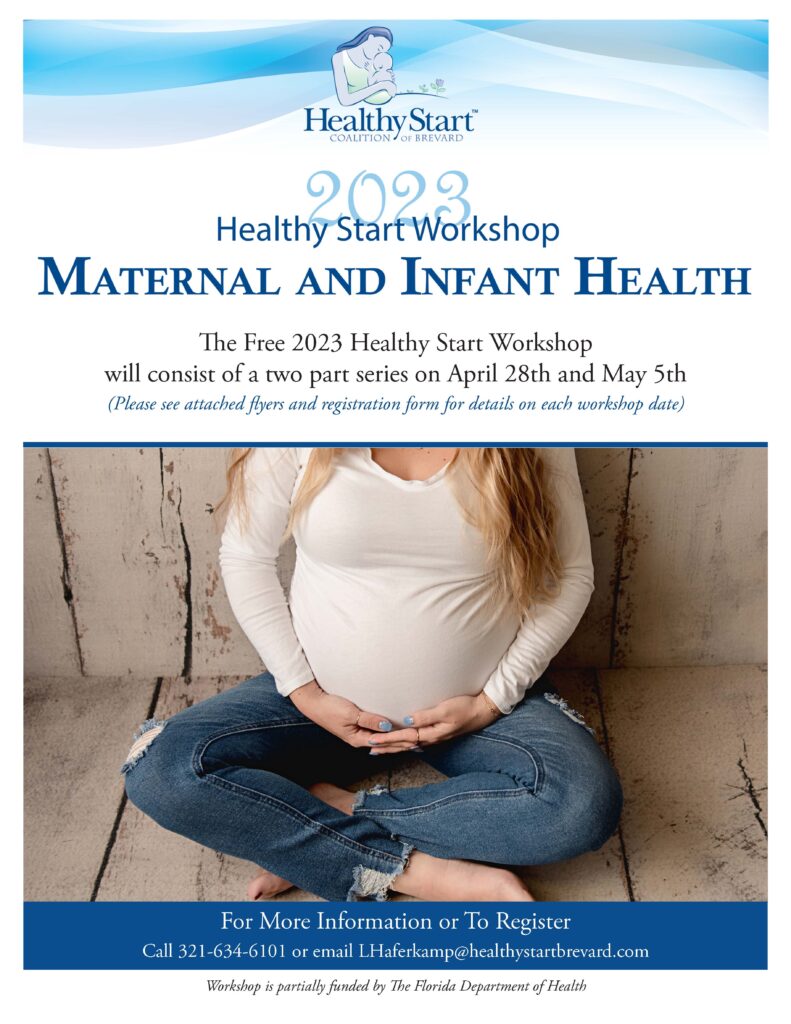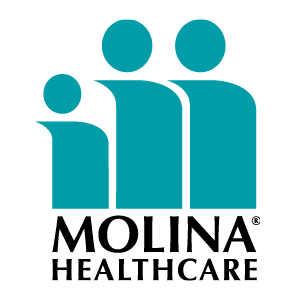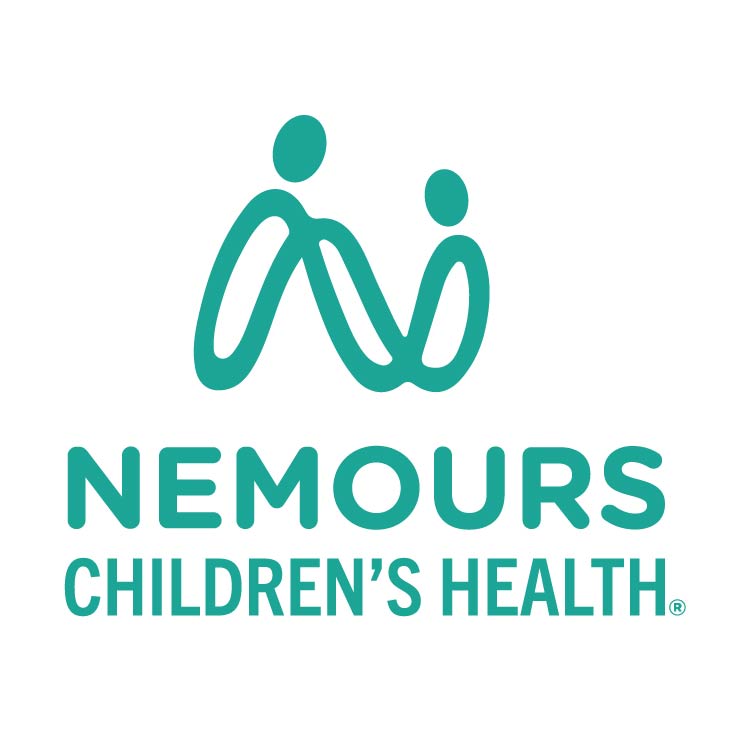While we can’t say which way the wind will blow the hurricane, we want to ensure that pregnant women and their families are taking the necessary precautions in case things take a turn for the worse. It is vital to have a plan for disasters such as hurricanes to avoid added stress on a family, especially during pregnancy.
These tips should come in handy in creating a family communications plan so mom, dad and any other family members involved know what to do as a team before, during and after a hurricane or in an evacuation.
To begin with, everybody needs to have a Disaster Supplies Kit and secure any missing items if possible and make sure their cars are filled with gas, etc. But if you are pregnant or have an infant, it is important to plan accordingly.
Disaster Safety for Expecting and New Parents
Disasters, such as wildfires, hurricanes, and floods, can be unpredictable and devastating. Learn general tips to get prepared before a disaster and what to do in case of a disaster to help keep you and your family safe and healthy.
Visit the CDC for Disaster Planning for Parents here: https://www.cdc.gov/reproductivehealth/features/disaster-planning-parents/
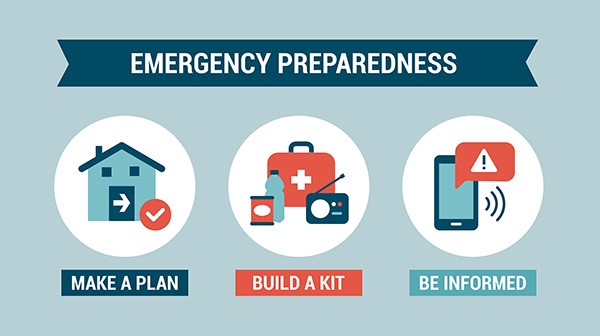
For pregnant moms, March of Dimes has a recommended packing list found here. Make sure to pack enough bottled water to keep hydrated and do not lift large or heavy objects – have a friend or family member help you. If you are close to your due date, talk to your health care provider about what to do in case of emergency.
For moms with infants, March of Dimes has many helpful tips for families facing emergency situations:
• Keep a list of numbers that are important including your health care provider, case manager and hospital and keep a copy of you and your baby’s medical records and your baby’s immunization records.
• Babies have an increased need during emergency situations for comfort provided by breastfeeding and it can also provide stress relief for mom. It is the best recommendation during hurricanes as you do not need refrigeration or clean bottles.
If you are concerned about the health of you or your baby, contact your health care provider or emergency room immediately.
After the hurricane blows over, there are still many precautions to take. Do not bring any babies or children into a home that has been evacuated from until it has been checked for gas leaks, electrical system damage and sewage and water line damage.
Watches and Warnings
The National Weather Service issues a hurricane watch when the threat of hurricane conditions falls within 24-36 hours, and when conditions are expected in 24 hours or less a hurricane warning is issued. It is important to follow the advice of government officials and local law enforcement, so please listen when told to evacuate under their direction for the safety of you, your baby and your whole family.
Resources:
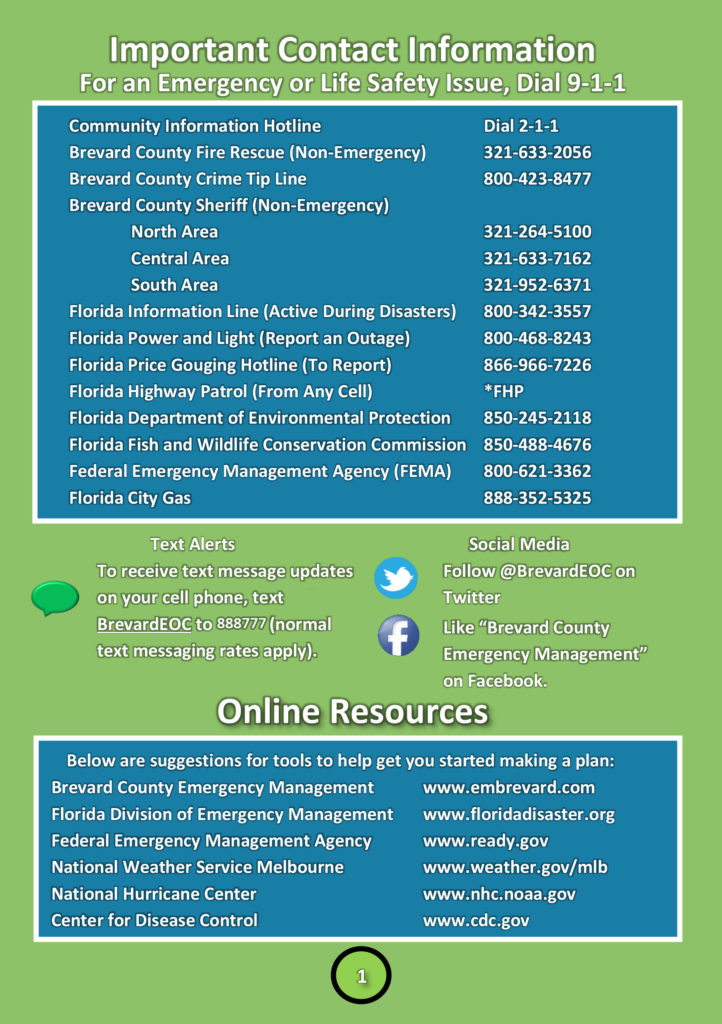
The Disaster Distress Helpline (DDH) is the nation’s only hotline dedicated to providing year-round disaster crisis counseling. This toll-free, multilingual, crisis support service is available 24/7 (call or text 1-800-985-5990) to residents in the U.S. and its territories who are experiencing emotional distress or other mental health concerns related to natural or human-caused disasters.
Callers and texters are connected with trained and caring professionals from a network of crisis centers across the country. Helpline staff provide supportive counseling, including information on common stress reactions and healthy coping, as well as referrals to local disaster-related resources for follow-up care and support.
Visit https://www.samhsa.gov/find-help/disaster-distress-helpline for additional information and resources in disaster behavioral health.


